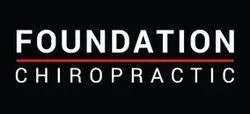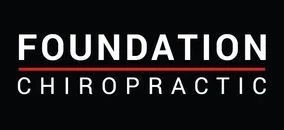Will Sleep Help your Immune System? COVID-19?
- posted: Jul. 23, 2020
Decreased sleep has long been known to increase a number of risk factors, including heart attack, stroke, asthma, cancer, depression and many more (1). The CDC estimates that around 35% of Americans get less than the recommended 7 hours of sleep per day (1). With this in mind, there have also been some studies that have shown what we all have suspected; Sleep deprivation will decrease your Immune response.
One study in particular has found that when exposing test subjects to nasal drops containing rhinovirus (common cold), they found that those who slept for 7 or less hours per night were 2.94x more likely to develop a cold (2). Sleep efficiency was also measured and showed those that had less than 92% efficiency were 5.5x more likely to develop the cold (2). Similar research has been done on the Epstein-Barr Virus and Cytomegalovirus (3).
It can not yet conclusively be said that a good night’s rest will improve your chances of fighting off coronavirus specifically. It can be said, however, that there is a great deal of research indicating individuals who have less than 8 hours of sleep have a lower likelihood to fight off viral infections.
Below is a table with sleep recommendations based on age (1,5). (Table 1):
| Age | Recommended hours of sleep |
|---|---|
| Newborns (0-3 months) | 14-17 hours |
| Infants (4-11 months) | 12-15 hours |
| Toddlers (1-2 years) | 11-14 hours |
| Preschoolers (3-5 years) | 10-13 hours |
| School Age Children (6-13 years) | 9-11 hours |
| Teenagers (14-17 years) | 8-10 hours |
| Adults (18-64 years) | 7-9 hours |
| Older Adults (65+ years) | 7-8 hours |
References:
- https://www.cdc.gov/sleep/data_statistics.html Opens in new window
- Sleep habits and susceptibility to the common cold. Cohen S, Doyle WJ, Alper CM, Janicki-Deverts D, Turner RB. Arch Intern Med. 2009 Jan 12;169(1):62-7. doi: 10.1001/archinternmed.2008.505.
- Gαs-coupled receptor signaling and sleep regulate integrin activation of human antigen-specific T cells. Dimitrov S et al. J Exp Med. 2019 Mar 4;216(3):517-526. doi: 10.1084/jem.20181169. Epub 2019 Feb 12.
- Sleep and immune function. Luciana Besedovsky. et. al. Pflugers Arch. 2012 Jan; 463(1): 121–137.
- https://www.sleepfoundation.org/press-release/national-sleep-foundation-recommends-new-sleep-times Opens in new window
Our Location
Foundation Chiropractic
1118 Outlet Collection Way #101
Auburn, WA 98001

